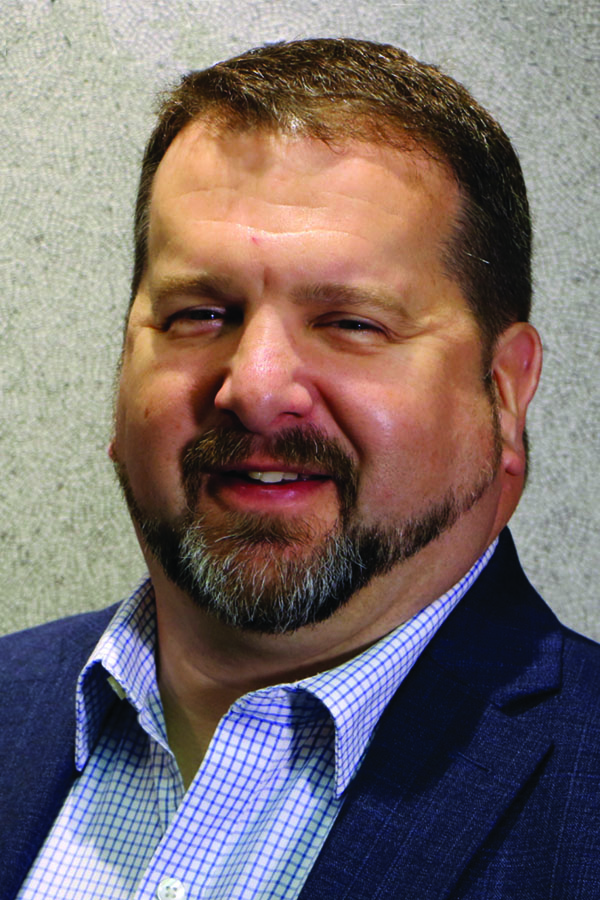
I want to pick up where we left off last week. For me personally, one of the most impactful parts of our recent General Conference Sessions: Uncharted 2019 came via our keynote speaker Tod Bolsinger and his work on adaptive change. Last week we looked at the reality that change is hard. We resist change. In his time with us, Tod referenced the work of Alan Deutschman and his book entitled Change or Die: Could you Change when Change Mattered Most? In this book, Deutschman set out to study people who had been told to change by their doctors. As a result of his work on this subject, Deutschman found three things do not produce change: fear, facts and force.
What does lead to change? In his work on this subject, Deutschman set out to study the 10% of people who did change when faced with the drastic news from their doctor: “change or die.” In other words, he focused on the 10% who did change to discover what was different in their approach to their situation. If fear, facts and force don’t bring about change, what does? Here’s what Deutschman discovered in studying the 10% who did change: Relate, Repeat and Reframe.
Relate: new communities. People who changed experienced change because of their connection to new groups of people.
Repeat: new practices. People who changed experienced change because they began to take on new practices.
Reframe: new ways of thinking. People who changed experienced change because they began to take on new ways of thinking.
He found when new communities of people began to embody new practices, new ways of being together, they we able to take on new ways of thinking that allowed them to experience radical change.
One of the things I appreciated most about what Tod shared was the idea of radical change. You can’t tweak yourself into lasting change. At the same time, radical change can’t be reckless or ruthless. I’ve seen too much reckless and ruthless change. I could fill pages with the damage done by well-intentioned efforts to bring radical change that in hindsight was little more than reckless or ruthless efforts. Instead or reckless change, radical change must get to the root of the problem.
If you want to change your life, the best way to do so is to get new friends. If you want to live a healthier life, you begin to hang out with people with healthy lifestyles. If you want to learn a new skill or trade, you begin to learn from folks who have the skills that you don’t have. As you relate in new relationships, you are able to take on new practices, new ways of living that ultimately lead to new ways of thinking. You begin to think about life differently as a result of the new relationships and practices that you’ve embodied.
There’s much more that needs to be unpacked as to what this means for us as the Churches of God, General Conference as we face our own change or die moment.
In the weeks to come I intend to explore what this means for us. There is a lot to be discovered in the ideas of relate, repeat and reframe. Jesus came announcing the Kingdom of God is near, repent and believe. Those who chose to follow Him embarked on a life-long journey of relate, repeat and reframe and I believe He’s calling us to do the same.
Christ’s Peace,
Lance
CGGC eNews—Vol. 13, No. 35
